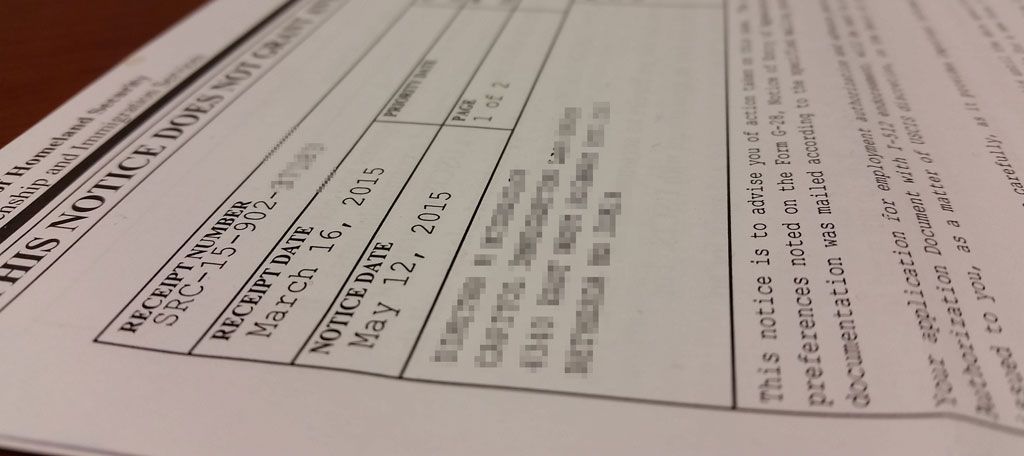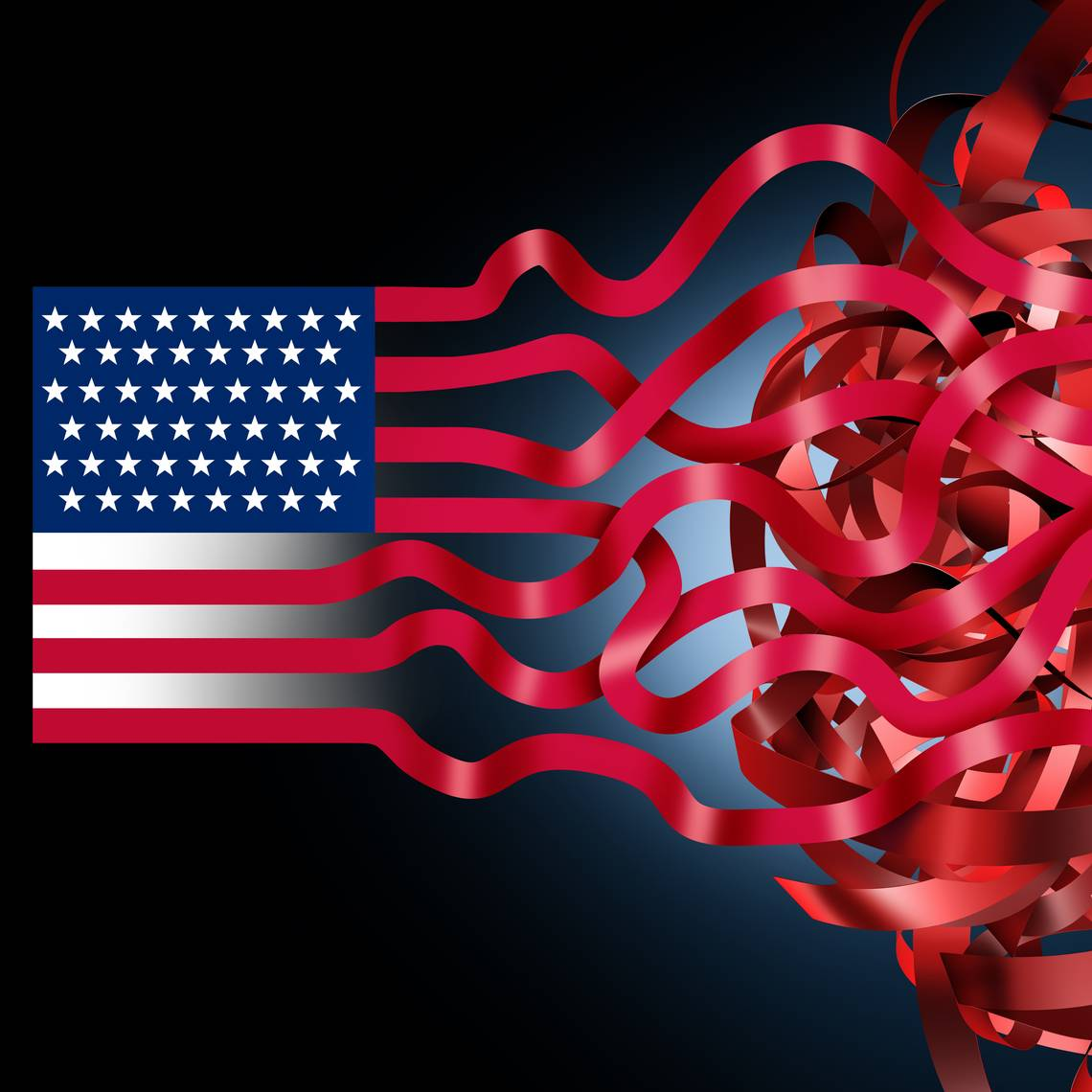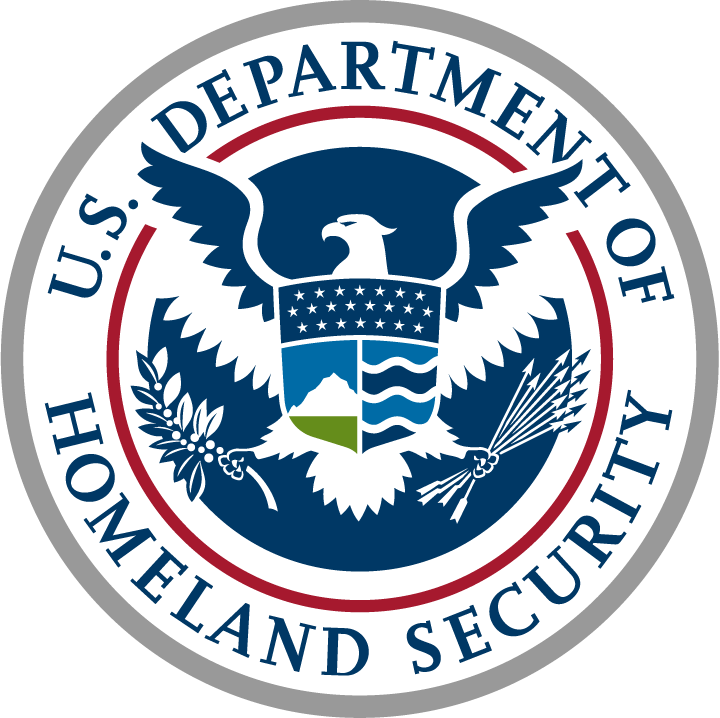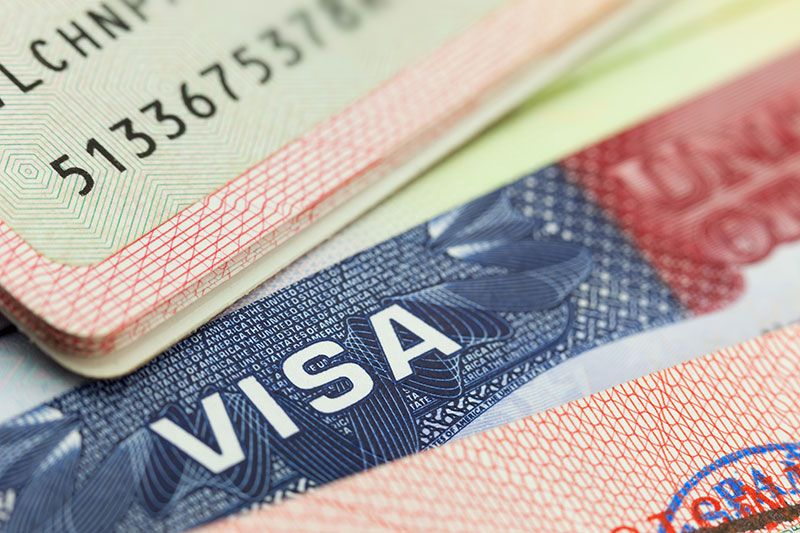Current through July 27, 2020. While we will try to update this advisory as these policies develop, please do not rely on this information without consulting with immigration counsel.
Citing the economic impact of COVID-19 and the need to limit foreign workers from competing with US workers, President Trump issued a proclamation on June 24, 2020 that will continue in effect until December 31, 2020. Because this proclamation and the one preceding it from March 2020 are the subject of confusion and questions, Poarch Thompson Law has prepared this set of frequently asked questions (FAQs) re: the effect of these orders.
Which non-immigrants does the proclamation affect?
Effective June 24, 2020 and until at least December 31, 2020, the following visa holders will not be permitted to travel to the United States:
- H-1B and H-2B nonimmigrants;
- L-1A executives and managers
- L-1B specialized knowledge workers;
- J-1 interns, trainees, teachers, camp counselors, au pairs and Summer Work Travel participants; and
- Dependent spouses and children of H-1B, H-2B, L and J nonimmigrants cited above.
who are also outside the United States on June 24, 2020 and who do not have a valid visa or a valid travel document, such as a transportation letter or an advance parole; and who are not otherwise subject to an exception (see below).
Which non-immigrants are not included in the proclamation?
- Individuals present in the US on June 24, 2020 in any of the prohibited visa types. This includes change of status applicants under the FY 2021 H-1B cap;
- Individuals holding a valid visa, advance parole or other U.S. travel document on June 24;
- Lawful permanent residents (green card holders);
- Spouse or child of a U.S. citizen;
- J-1 exchange program participants who are not working as interns, trainees, teachers, camp counselors, au pairs and summer work travel participants; and
- Lawful Permanent Residents (green card holders) of the United States.
It is important to note that there are several work visas that are not included in the ban. Many of the visas, such as E-1, E-2, E-3, TN and H-1B1 visas, are based on treaties. Others, such as O-1 visas, for individuals of extraordinary ability, are not included, presumably to retain American competitiveness for the leaders in their respective fields. In addition, this Proclamation does not apply to F-1 students and B visitors.
Two categories of individuals may apply for exclusions from the ban’s application by utilizing a “national interest” exemption from the ban (not to be confused with national interest waivers for green card status, which is a legal avenue to permanent residence). These two categories are individuals who would be subject to the ban, but for the following “exemption”:
- Foreign nationals entering the United States to provide temporary labor or services essential to the United States food supply chain; and
- Foreign nationals whose entry is in the national interest as determined by the Secretary of State, the Secretary of Homeland Security, or their representatives.
What about Canadians?
The ban does not address the status of Canadians, who are visa exempt. Canadians in H-1B status do not require a visa or travel documents to enter the United States but rather, may be admitted by presenting a Canadian passport and I-797 Approval Notice for H-1B, H-2B and L-1 status or DS-2019 for J-1 status. It is unclear whether Canadians are not included due to an oversight or whether the proclamation is silent on their status intentionally. Whatever the rationale, in light of unrelated COVID-19 travel restrictions and the uncertainty surrounding this travel ban, it is not recommended that Canadians in the U.S. travel internationally without consulting carefully with immigration counsel.
Who is eligible for a “national interest” exemption?
Apart from generally noting the two classes of individuals listed above (foreign nationals entering the US to provide temporary labor or services essential to the United States food supply chain; and those whose entry is in the national interest as determined by the US government), the proclamation those who are:
- Necessary to facilitate the immediate and continued economic recovery of the United States;
- Involved with clinical care or research related to COVID-19; and
- Critical to the defense, law enforcement, diplomacy or national security of the United States.
Waivers will probably be difficult to obtain and will be decided on a case-by-case basis at the U.S. Consulate. See Poarch Thompson Law Notice Re: Department of State Criteria for Exemptions.
What about the March visa ban?
This Proclamation extends the previous proclamation from March 2020 which limited immigrants (as opposed to non-immigrants, the subject of the majority of the June 2020 ban) from entering the United States. U.S. Consulates will not process immigrant visas except spouses of U.S. citizens, children of U.S. citizens under the age of 21 and prospective adoptees, healthcare professionals, EB-5 investors and those whose entry is in the national interest. This rule does not apply to individuals following-to-join permanent resident spouses or parents in the US.
What does this proclamation mean for employers?
As always, we recommend that employers avoid employees engaging in international travel if at all possible. Employers of new hires (e.g., H1B cap selectees) waiting outside of the United States should expect delay in entry into the United States until January 2021 at the earliest. Unless they are eligible for the national interest waiver, H-1B, H-2B, J-1 and L-1 nonimmigrants outside of the United States will be unable to travel to the U.S. As before, this ban could be extended beyond December 2020.
Please contact Poarch Thompson Law for further questions or information.










